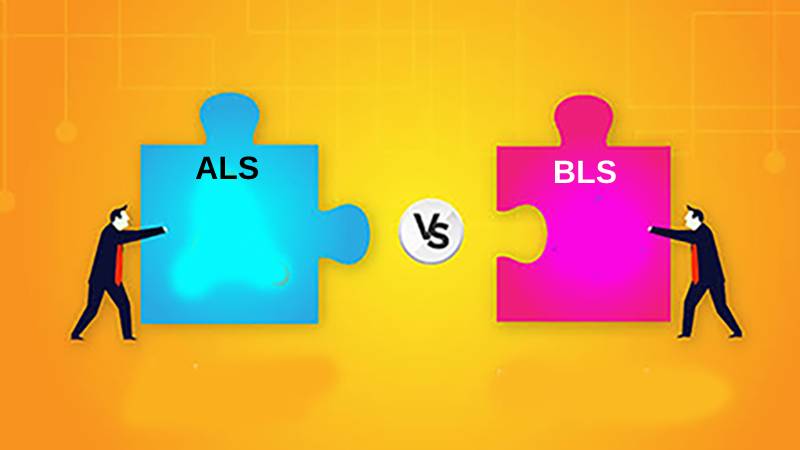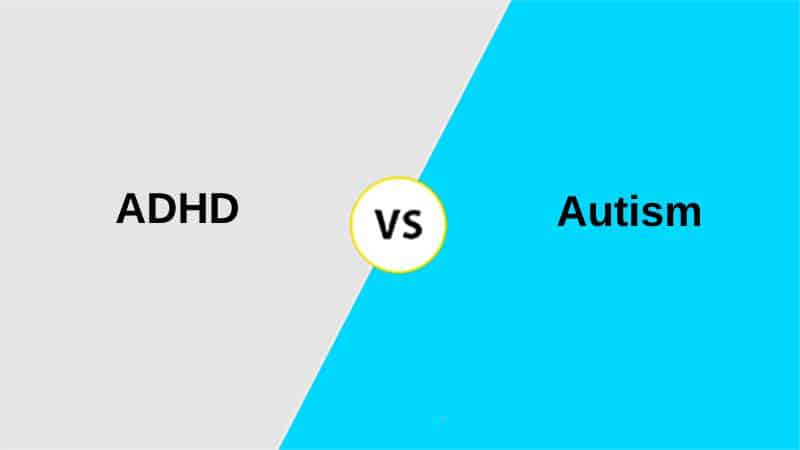The Philosophical Debate
Absolutism: The Quest for Universal Truth
- Absolutism is a philosophical stance that asserts the existence of objective and universal truths, values, and principles that apply consistently across all contexts and circumstances.
- Adherents of absolutism believe that certain moral, ethical, and philosophical principles are inherent and unchanging, regardless of cultural, social, or individual differences.
Relativism: Embracing Cultural and Contextual Variation
- In contrast, relativism is a philosophical perspective emphasizing the context-dependent and culturally influenced nature of truth, morality, and values.
- Relativists argue that what is considered true or morally right can vary from one culture, society, or context to another, and no universal principles exist.
Key Differences
Now, let’s explore the key differences between absolutism and relativism, shedding light on their contrasting views on truth, morality, and values:
Nature of Truth
- Absolutism: Absolutism asserts the existence of objective and unchanging truths. It posits that certain truths are universally valid and apply uniformly across all circumstances and cultures.
- Relativism: Relativism contends that truth is context-dependent and varies from culture to context. It rejects the notion of objective, universal truths.
Morality and Ethics
- Absolutism: Absolutists believe in absolute moral and ethical principles dictating right and wrong actions. These principles are not subject to cultural or situational variations.
- Relativism: Relativists argue that moral and ethical standards are relative to cultural norms and contexts. What is considered morally right or wrong may differ across cultures and situations.
Cultural Variation
- Absolutism: Absolutist perspectives tend to downplay cultural variation and emphasize the universality of moral and ethical principles.
- Relativism: Relativism acknowledges and embraces cultural diversity, recognizing that different cultures may have distinct moral and ethical norms.
Tolerance and Acceptance
- Absolutism: Absolutist views may be associated with a lack of tolerance for differing beliefs and practices, as they assert the supremacy of certain principles over others.
- Relativism: Relativist perspectives promote tolerance and acceptance of diverse cultural and moral viewpoints. They emphasize the value of understanding and respecting other cultures’ norms.
Flexibility vs. Rigidity
- Absolutism: Absolutist positions can be considered rigid and unyielding, as they adhere to fixed principles regardless of circumstances.
- Relativism: Relativist perspectives are more flexible, adapting to the specific cultural and situational contexts in which they are applied.
Ethical Dilemmas
- Absolutism: Absolutist approaches provide clear moral guidelines, making it easier to address ethical dilemmas straightforwardly.
- Relativism: Relativist perspectives may encounter challenges in addressing ethical dilemmas, as there is no single set of universally applicable principles to guide decision-making.
Cultural Critique
- Absolutism: Absolutist perspectives may critique cultural practices or beliefs that deviate from their own fixed principles.
- Relativism: Relativist viewpoints are more likely to refrain from criticizing other cultures’ practices, recognizing that what is considered right or wrong varies across cultures.
Contextual Ethics
- Absolutism: Absolutist ethics prioritize adherence to universal principles, requiring individuals to act in certain ways regardless of the context.
- Relativism: Relativist ethics consider the context in which actions occur and may lead to varying moral judgments based on the circumstances.
Table: Summary of Differences
For a quick reference, here’s a summary table of the key differences between absolutism and relativism:
| Aspect | Absolutism | Relativism |
|---|---|---|
| Nature of Truth | Belief in objective truths | Emphasis on context-dependent truth |
| Morality and Ethics | Absolute moral principles | Morality influenced by culture and context |
| Cultural Variation | Emphasizes universality | Acknowledges cultural diversity |
| Tolerance and Acceptance | May lack tolerance for differences | Promotes tolerance of diverse viewpoints |
| Flexibility vs. Rigidity | Rigid adherence to fixed principles | Flexible adaptation to contexts |
| Ethical Dilemmas | Clear moral guidelines | Challenges in addressing dilemmas |
| Cultural Critique | May critique other cultures | Less likely to criticize cultural practices |
| Contextual Ethics | Emphasis on universal principles | Consideration of context in ethics |
Conclusion
Absolutism and relativism represent two contrasting philosophical stances in understanding truth, morality, and values. Absolutism asserts the existence of objective, unchanging truths and universal moral principles, while relativism emphasizes the contextual and culturally influenced nature of truth and ethics.
These philosophical perspectives have far-reaching implications in various fields, including ethics, culture, and social sciences. The choice between absolutism and relativism shapes one’s approach to moral dilemmas, cross-cultural interactions, and interpreting reality. As individuals and societies grapple with complex ethical and moral questions, the tension between these two perspectives continues to shape our understanding of the world and our place in it.


















